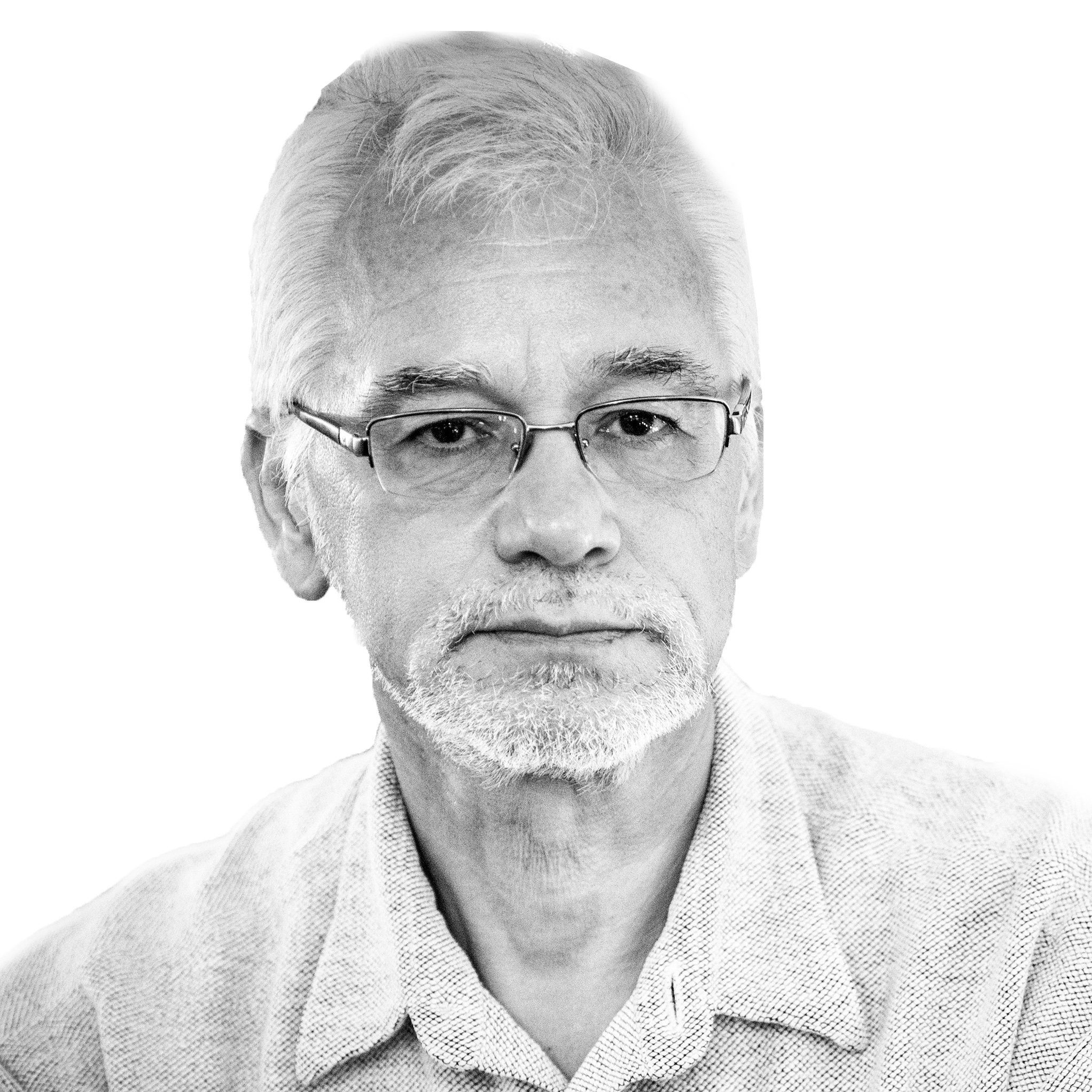ISTANBUL — The Kurds’ deadly battle against jihadists from the self-declared Islamic State is raising prospects for a fully independent Kurdish nation. In the process, it’s pulling together Kurdish factions long deemed “terrorists” by the West to fight alongside the same peshmerga who are favored by Washington as the best hope for on-the-ground troops able to meet and defeat the savage forces that have declared a “caliphate” spanning large swathes of Syria and Iraq.
In recent weeks, fighters from the Kurdistan Workers’ Party (PKK) who’ve waged guerrilla war in Turkey for generations and been branded terrorists by much of the world community, have overcome differences with the Kurdish Regional Government in northern Iraq that is heavily supported by the United States, several European countries and, indeed, by Turkey. Along with the PKK’s Syrian-Kurdish offshoot, the Democratic Union Party, they have joined forces to fend off an ISIS advance threatening Kurdish territory; they have come to the rescue of thousands of Yazidi refugees, besieged by ISIS fighters in the nearby Sinjar Mountains; and they are helping defend the many Americans in the Iraqi Kurdish capital.
It may be too early to say the PKK terrorists are becoming heroes, but up against ISIS, they’re certainly improving their image.
“All Kurdish groups are focused on one point,” Osman Bahadir Dincer, a Middle East expert at the USAK think tank in Ankara, told The Daily Beast. “The main winners of this are the Kurds.”
Masoud Barzani, president of the Kurdish Regional Government in Iraq and PKK leader Abdullah Ocalan, who is serving a life sentence in a Turkish prison, have been long-standing rivals for leadership over all Kurds, who have significant populations in Iran and Syria as well as Iraq and Turkey. Only a few months ago, Syrian Kurdish forces arrested several officials close to Barzani, while Barzani’s forces raided the offices of groups close to the PKK.
The PKK has been fighting for Kurdish self-rule in southeastern Turkey since 1984 in a war that has cost more than 40,000 lives. It has had its headquarters in northern Iraq for decades. The Barzani government, on the other hand, has had flourishing ties with Turkey. A boom triggered by the exploitation of northern Iraqi oil resources has made Iraqi Kurdistan one of Turkey’s biggest export markets.
But for now all intra-Kurdish squabbles have been put aside to face the Islamic State, as ISIS now calls itself. The different Kurdish factions see the jihadists as common enemies threatening Kurdish self-rule in both Iraq and Syria. “The mission right now is to save the Kurdish people,” Veysel Ayhan, head of the IMPR think tank in Ankara, told The Daily Beast.
Barzani’s peshmerga can use all the help they can get. While they are considered the most able military force in Iraq, they have struggled to hold their ground. The PKK has reinforced them with several hundred fighters from its headquarters in the Iraqi Kandil Mountains close to the Iranian border.
A commander of the northern Iraqi Kurds told AFP last week that the PKK and Syrian Kurd forces were facing ISIS militants near Rabia and Sinjar, to the west of Mosul, while Barzani’s peshmerga were deployed north and east of Mosul. The PKK has called for the formation of a joint Kurdish command to coordinate action against ISIS.
Dincer expects calls for an independent Kurdistan to grow louder as a consequence of the fighting. The war against ISIS is bringing various Kurdish factions closer together even as it shores up de facto international alliances. The United States has been helping the Kurds with air strikes against ISIS as well as with arms supplies. Erbil, the Iraqi Kurdish capital, is home to a U.S. consulate and thousands of U.S. citizens working in the oil industry.
Even before the fighting started, Barzani asked his regional parliament to begin work on a referendum on statehood. And in a reversal of a long-standing position, Turkey signaled it would accept an independent Kurdish state if Iraq was to break apart.
There are other potential benefits for Kurdish groups as well. The fight against ISIS has put the PKK, a group seen as a terrorist organization by Turkey, the U.S. and the European Union, on the front lines to defend Kurdistan against a brutal jihadist militia. In essence, the PKK, seen as bad guys by the West, were fighting the really bad guys, Dincer said. “They are the lesser evil now.”
As a consequence, the PKK could hope to be taken off the terror lists of many countries, said Ayhan. “The West will have to reconsider its approach towards the PKK,” he said. “Without the PKK, thousands of people would have been killed in recent weeks.” PKK fighters are credited with opening a corridor allowing Yazidi refugees in the Sinjar Mountains free passage to safer regions in Iraq and Syria.
A possible improvement of the PKK’s image in the West could anger Turkey, which has been holding peace talks with PKK leader Ocalan and has been calling on the rebels to lay down their arms for good. But a PKK that had just won hearts and minds of Kurds everywhere by standing up to ISIS, and had impressed critics in the U.S. and the E.U., is less likely to make concessions. “Turkey’s interests could be damaged,” said Dincer. “It’s not good for Turkey if the PKK’s image is enhanced.”






